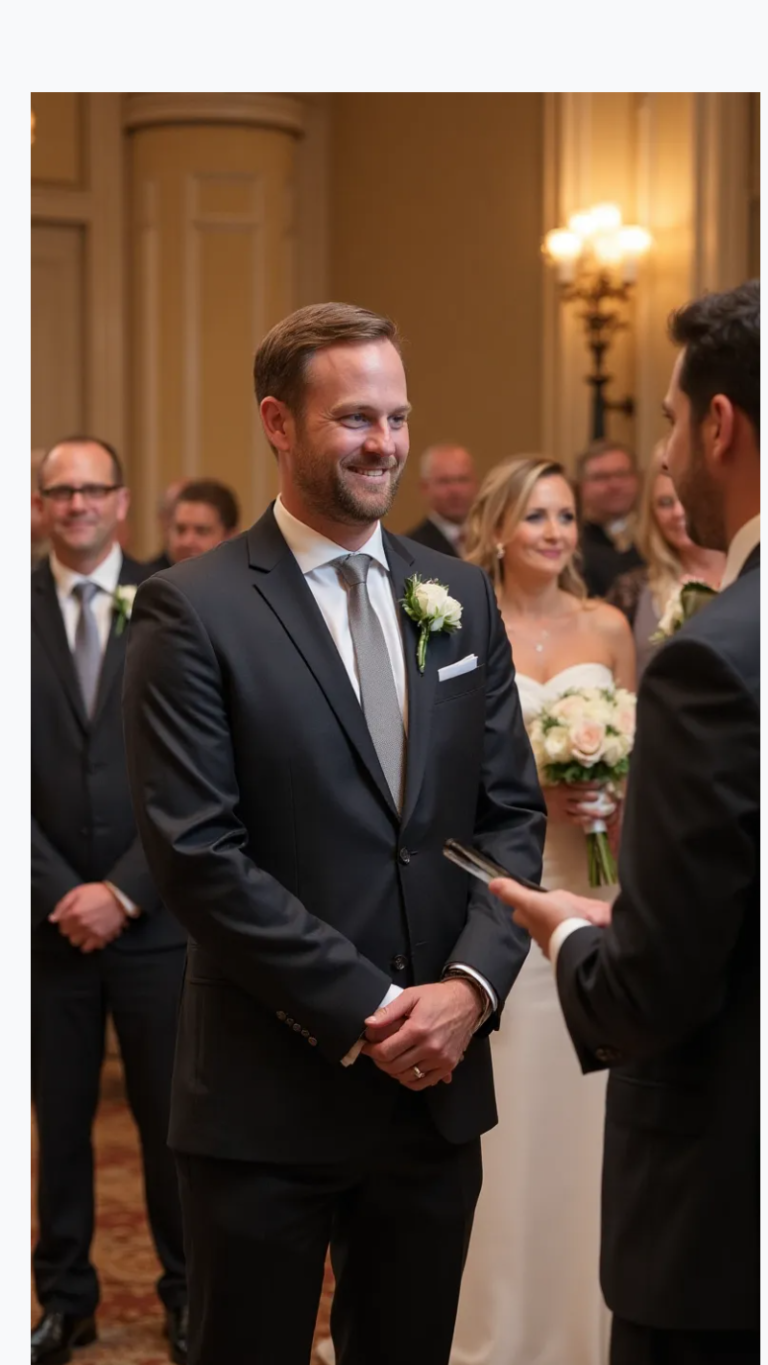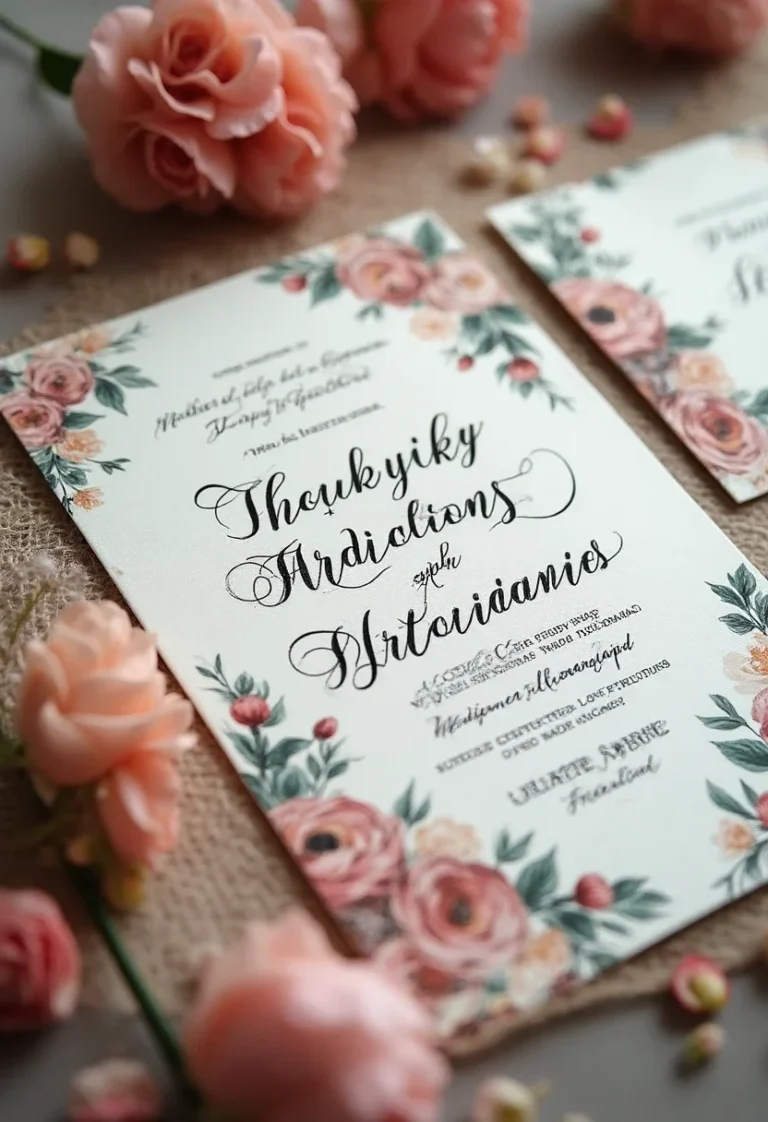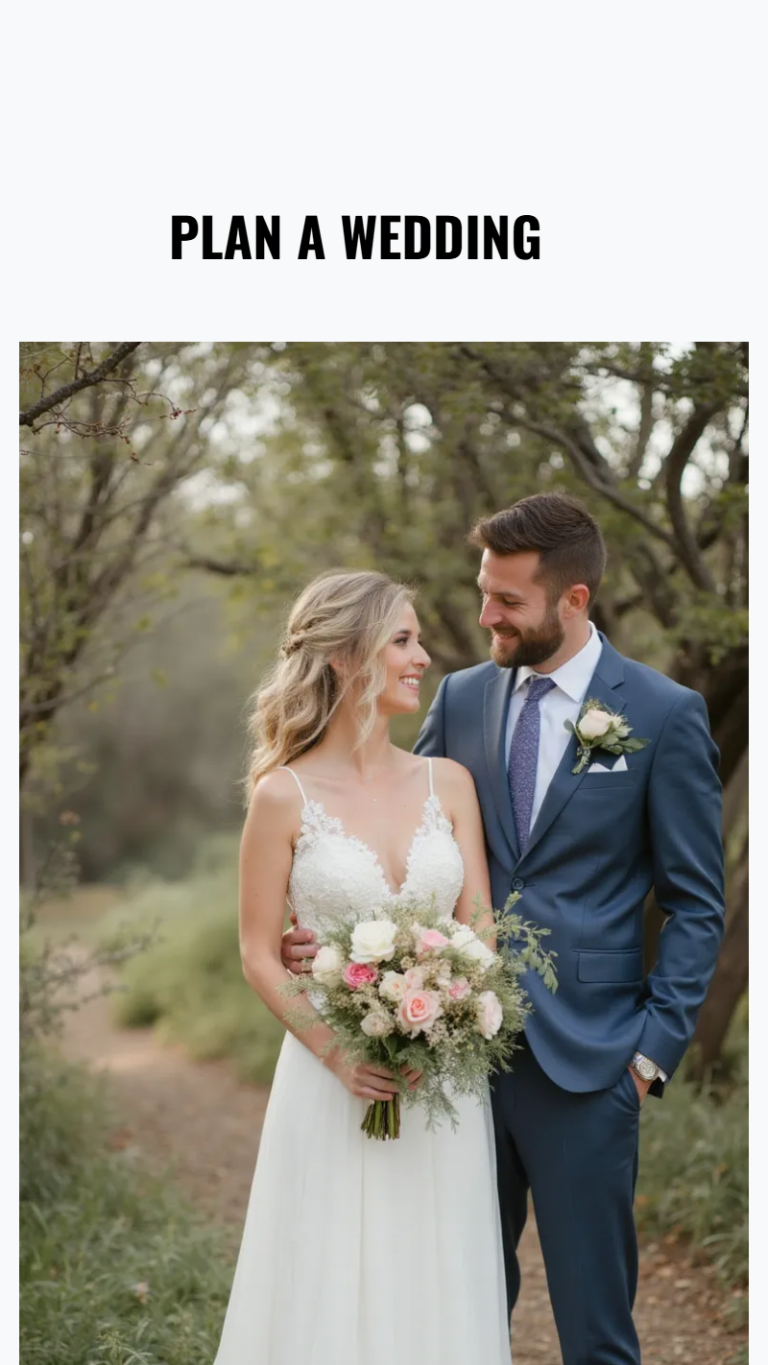Wedding Tipping Culture Explained: Guidelines and Etiquette for 2025
Tipping in the United States has long been a nuanced practice, with particular attention given to industries where wages are supplemented by gratuities. While tipping is well established in restaurants, its role within wedding services has become more complex and debated in recent years. Couples often choose from various methods to provide tips, whether through added fees, cash envelopes, or digital payments, reflecting the evolving landscape of wedding gratuities.
The discussion around tipping in weddings centers on whether all vendors deserve tips or if higher-paid professionals should include their compensation in their fees. Some argue that tipping should be standard across all wedding staff, while others believe it should be reserved for specific roles, such as manual labor or delivery personnel. This division has created uncertainty for couples, who must navigate differing guidelines and expectations to determine appropriate tipping practices for their big day.
Vendors Most Commonly Recommended for Tipping
Industry professionals generally agree that specific vendors at weddings should receive gratuities due to the nature of their work and the service they provide. Most clients tend to follow a common tipping guideline for these key roles.
Typical tipping expectations include:
| Vendor | Suggested Tip Amount | Notes |
|---|---|---|
| Venue Staff | 15–20% of the venue service charge, divided among staff | Covers servers, attendants, and support |
| Delivery & Setup Teams | $10 to $50 per person per day | Depends on complexity, often overlooked |
| Catering Staff & Captains | 15–20% of total food and beverage costs, split | Includes kitchen and serving teams |
| Bartenders | $300–$500 total, divided among bartenders | Flat rate reflecting full event service |
| Hairstylists | 20% of the service cost | Standard salon tipping rate |
| Makeup Artists | 20% of the service cost | Same as hairstyling gratuity |
| DJs and Band Members | $200 for DJs; $25–$50 per musician | Includes entertainment provided throughout |
| Transportation Drivers | 15–20% of pre-tax transportation bill | Covers chauffeurs and shuttle drivers |
Vendors involved in physically demanding or labor-intensive roles, like delivery and setup crews, often receive smaller cash tips but are frequently overlooked despite their crucial contributions during event preparation. Some industry voices suggest planners or designers might consider directly tipping these teams to acknowledge their efforts on tight schedules and last-minute changes.
For hairstyling, makeup, and entertainment, tipping is seen as customary unless these fees are already included in the contract. Similarly, transportation staff are typically covered by a built-in gratuity, but if not, a 15–20% tip is expected.
Disagreement remains about tipping on “core” vendors such as event planners, photographers, videographers, and florists. Since these professionals usually set their own rates and often incorporate service fees into their pricing, many experts consider additional tipping optional rather than required.
Wedding Gratuities Are Optional
Tipping wedding vendors is generally seen as a way to acknowledge exceptional service, but it is not a required practice. The decision to tip should depend on the quality of the vendor’s work and the overall experience they provide rather than being viewed as an obligation.
Several factors influence whether to leave a tip and how much, including whether the vendor exceeded expectations, delivered personalized attention, or went beyond what was contractually agreed upon. Tips typically range from 5% to 20%, but this varies widely depending on the situation and vendor role.
| Considerations for Tipping Wedding Vendors | Details |
|---|---|
| Service Excellence | Did the vendor go well beyond what was expected? |
| Contract Terms | Was gratuity included in the vendor’s fee? |
| Type of Vendor | Different vendors may merit different tipping approaches. |
| Budget Constraints | Tips should be within the overall wedding budget. |
Many professionals emphasize that tipping should recognize efforts beyond a vendor’s contractual duties. In luxury weddings, where high fees are the norm, outstanding service is generally part of the expected package, so extra tipping is not necessarily warranted.
In practice, tipping is often reserved for those who demonstrate exceptional, real-time contributions to the event that aren’t covered by prepaid arrangements. Since tipping is discretionary, it is important to evaluate each vendor’s service individually, considering the unique circumstances of the wedding day.
When Possible, Wedding Gratuities Should Be Decided and Given After the Event
Timing plays a significant role in proper wedding tipping practices. Many couples determine vendor gratuities before the event, often preparing labeled envelopes early. This approach usually results in tips being handed out regardless of the actual service quality on the wedding day. As a result, tipping can become more about fulfilling expectations than recognizing true performance.
Tipping after the wedding allows couples to base their gratuity decisions on the actual experience. When couples have had a positive, outstanding interaction with a vendor, they can choose to express appreciation through tips, thank-you notes, or reviews rather than feeling pressured to tip automatically. This practice emphasizes sincere gratitude rather than obligation.
Paying tips after the fact offers flexibility in how vendors are rewarded. Couples can send payments by check, Venmo, or other digital methods, making the process more convenient. This method also reflects the tip’s original purpose: a token of thanks for exceptional service rather than a predetermined fee.
However, focusing tipping only on the wedding day performance overlooks the months of behind-the-scenes effort vendors invest. Vendors often work extensively leading up to the event—handling countless emails, making design adjustments, and problem-solving at odd hours. This preparation contributes greatly to the success of the wedding and often justifies an upfront gratuity.
Because vendor relationships develop long before the event, setting a tip in advance can accurately reflect the entire collaboration, not just the wedding day. Prearranged gratuities can recognize consistent dedication, responsiveness, and professionalism throughout the planning period.
Couples should balance the value of both approaches. They might provide a base tip ahead of time to acknowledge ongoing work and offer additional thanks after the wedding for exceptional day-of service. This combination ensures vendors feel appreciated for the full scope of their efforts.
Points to Consider When Deciding When to Tip
| Aspect | Advantages of After-the-Wedding Tipping | Advantages of Pre-Wedding Tipping |
|---|---|---|
| Service Evaluation | Based on actual experience on the day | Reflects sustained effort leading up to the wedding |
| Flexibility | Allows personalized thank-you and digital payment options | Provides vendors with financial assurance ahead of event |
| Vendor Motivation | Encourages vendors to deliver exceptional service on the day | Rewards commitment and preparatory work before the celebration |
| Client Stress | Reduces pressure during the wedding day | Ensures tips are organized and distributed without last-minute hassle |
Ultimately, determining and delivering tips after the wedding supports a gratuity culture that is more aligned with genuine appreciation. Couples can then reward vendors based on observed performance, ensuring that tipping remains an intentional act of gratitude rather than a preordained task.
Why the Rule Against Tipping Business Owners No Longer Applies
The idea that tipping business owners is unnecessary has become outdated. Many wedding professionals own their companies yet remain deeply involved in every step of service, from initial meetings to the event day. The quality of service, not ownership status, should guide tipping decisions.
Instead of making exceptions for owners, it is more practical to recognize their hands-on role in the event. Some couples choose to express gratitude with gifts for owners while tipping staff members in cash. This approach acknowledges both the owner’s contribution and the effort of the team.
| Common Practices Regarding Tipping Business Owners |
|---|
| Tip business owners based on service quality |
| Consider giving a physical gift to owners |
| Tip staff members in cash separately |
Ultimately, tipping reflects appreciation for the work performed rather than the structure of the business. The outdated rule that exempts owners from gratuities no longer fits modern practices.
Greater Clarity, Open Dialogue, and Industry Consensus Are Essential
Many couples face uncertainty about whom to tip at weddings and appropriate amounts. Consulting with a wedding planner or coordinator is often the best advice, as these professionals typically handle gratuity discussions rather than having couples approach vendors directly.
Most planners routinely offer guidance on tipping, either proactively or upon client request. However, they frequently struggle with providing definitive numbers due to the lack of a standardized system. Common responses include suggesting that “any amount is appreciated” or clarifying that tipping is “never expected but welcomed.”
This ambiguity creates confusion for couples and reveals a gap within the industry. There is no current universal tipping framework tailored to weddings, contributing to inconsistent expectations. Many believe that establishing clear, industry-wide standards would reduce misunderstandings.
Open conversations about tipping practices are crucial to dismantle the mystery around customary gratuities. Some experts advocate for rethinking pricing models to integrate gratuities more transparently, potentially easing pressure on both clients and service providers.
| Key Points | Details |
|---|---|
| Primary source for tipping advice | Wedding planners/coordinators |
| Common planner approach to gratuity guidance | Preemptive tips or client-initiated |
| Challenges faced by planners | Lack of clear tipping amounts |
| Industry shortcomings | Absence of unified tipping standards |
| Proposed solutions | Open industry discussions and pricing clarity |
Addressing these issues requires collaboration among vendors, planners, and couples to create straightforward, consistent tipping practices that benefit all parties involved.








